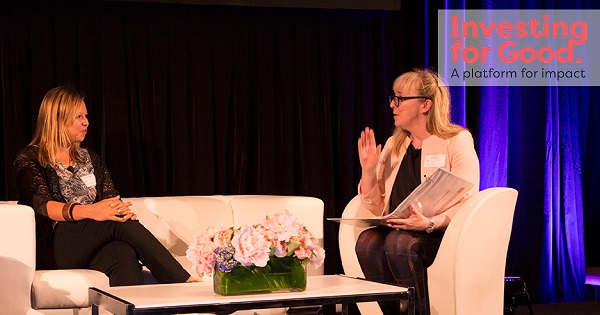Social impact investment case study: Jarjum Centre Inc.
Social impact investing is still in its infancy, but this case study is proof that effective collaboration can lead to financially-sustainable social outcomes. Better yet, it’s a replicable model.
Social impact investing is still in its infancy, but this case study is proof that effective collaboration can lead to financially-sustainable social outcomes. Better yet, it’s a replicable model.
NCOSS CEO Tracy McLeod Howe has followed a number of social impact investment projects, but Jarjum is the success story that resonates with her most. “This State spends so much money getting kids in foster care and on other responses that are too far down the track, when the situation has already reached crisis point,” she says. “That’s why I get so excited about case studies like Jarjum. They are a community-led solution that tackles social issues up front, and the social outcomes far outweigh their core business focus.”
Here’s Jarjum’s story to date.
About Jarjum Centre Inc.
Jarjum is an Aboriginal Preschool in East Lismore that offers affordable preschool activities for kids between 3 and 5 years old. First established more than 30 years ago, it’s currently licensed for 40 children and employs 12 staff, including an Aboriginal Family Worker, Additional Needs Worker and a Speech Therapist. Jarjum is open to Aboriginal as well as non-Aboriginal kids (currently 95% are from Aboriginal families) who may experience complex social issues.
Jarjum is community-owned and has a very strong local support network. Parents are encouraged to take place on the Board in order to build capacity in the community. The Board also includes two high-profile members from the local Aboriginal community. The daily operations are managed by Maurita Cavanough, who is highly regarded in the local community and whose holistic approach and tremendous achievements have impressed numerous other organisations.
The situation
The current premises aren’t purpose-built and located in an area that presents challenging situations such as lock downs due to violence, vandalism and drug use (staff have to search the premises for needles twice per day). The current building is old, poorly-maintained, barely meets safety standards and is considered unsuitable for a preschool.
Despite these challenges, Jarjum still has a long waiting list and can’t currently accommodate a large number of children in desperate need of its services.

The solution
After connecting with organisations including Social Enterprise Finance Australia (SEFA) at last year’s Investing for Good Conference and Marketplace, Jarjum developed plans to construct a purpose-built preschool facility with three classrooms, a sensory room, office space and a covered playground. The new facility would increase the capacity to 120 children, at a total project cost of approximately $1.55 million.
This project is now well underway. Local council has already donated a location, adjacent to an Aboriginal football club that has a strong ‘community vibe’. SEFA is very supportive of the transaction and has estimated Jarjum could service a $750k loan. CAGES Foundation has indicated it could provide a grant of $150k (subject to further due diligence), and NSW government department(s), as well as another philanthropic foundation, have shown interest in providing the balance.
While there are number of steps to go through before construction can begin, Jarjum and its supporters are confident they are well on their way to building a financially sustainable model, further extending their impact across the local community.
Learn more about Jarjum at Investing Good 2017, Australian Technology Park Eveleigh, Thursday 9 November, www.investingforgood.sydney
